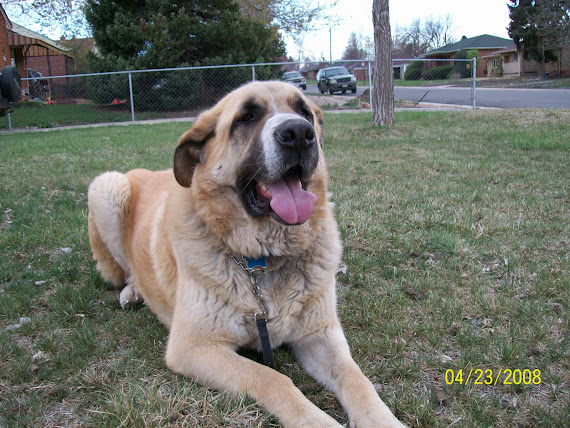Inmates Seeking Rehabilitation: Face To Faith
I've seen how a spiritual connection can change people, sometimes it's just because they have someone to reach out to who will never judge them. Sometimes it's the ability to hook into a community where they can be received and learn to grow through positive relationships for the first time in their lives. It doesn't always work, but it makes a difference more often than not. The volunteers who spend countless hours working with people need to be honored, and they should be paid for their time. Some folks drive hundreds of miles every week to reach people, and they do it for years. Denver Post - Like countless others before him, Jonathan Willis rediscovered God in the inescapable solitude of a jail cell, 10 months after he had been thrown into Adams County lockup to await trial for murder. The blur of the events crystallized: the coke binge, coming down, the break-in. The brutal beating. Then desperation, arrest and, once in jail, the hell-raising that landed him in solitary. "It went from dream to reality," recalls Willis, 25. "When you reflect, with all the distraction cut away, you're left with the core of life — what matters." You already know what happened next: He cried out to God, who answered with a challenge to get serious about his faith. He read the Bible. The words spoke to him anew. His heart changed.It's natural to reach out to God in a period of duress," says Michael Spotts, a volunteer assistant chaplain at the Adams County facility who witnessed the change in Willis. "The thing that tinges the jailhouse conversion with cynicism is that people like Jonathan killed someone. It's inexcusable — horrible. But the genuineness of conversion can be found in absolute confession of what was done wrong, a seeking of repentance." It's here where Willis' story gives a twist to the corrections cliche: Against the advice of his attorney, he pleaded guilty — knowing that he was essentially sentencing himself to life without possibility of parole. His spiritual transformation began a chain reaction that already has touched others locked up around him. And, in a broader sense, it touched on a concept of faith-based rehabilitation that's gaining traction as a burgeoning prison population now boomerangs back to the community. Bolstered by President Bush's recent signing of the Second Chance Act, which promises more money for faith-based programs to help rehabilitate prisoners, corrections officials and religious volunteers are testing the still largely unproven theory that faith can not only salvage criminals, but — in the long run — make the rest of us safer, too. Nearly 700,000 inmates return to the community each year nationwide — about 9,000 in Colorado — as the get-tough sentencing policies of the 1990s literally come home to roost. Faith and prisons have been intertwined since the dawn of corrections, with criminal behavior often addressed as a moral issue. But church-and-state legal concerns temper the search for new faith-based ways to attack recidivism — approaching 70 percent, according to a U.S. Department of Justice report. Colorado spends no taxpayer money on faith-based efforts, with the DOC's Office of Faith and Citizen Programs receiving its funding through inmate purchases at the prison canteen. Volunteers also have picked up the slack since the legislature cut chaplains out of the budget in the 1990s. Through that volunteer network, Colorado's DOC offers 216 programs and recognizes 36 faiths. Although those traditions range from Asatru, a polytheistic Norse religion, to American Indian rituals to nature-based Wicca, the vast majority of volunteers represent Christian denominations. Credible research on the effectiveness of faith-based programs remains sparse and inconclusive. Still, both corrections experts and volunteers agree that such efforts, coupled with education, counseling and other therapies, could be part of the solution.
The Denver Post







1 comment:
there is only One Way
Post a Comment